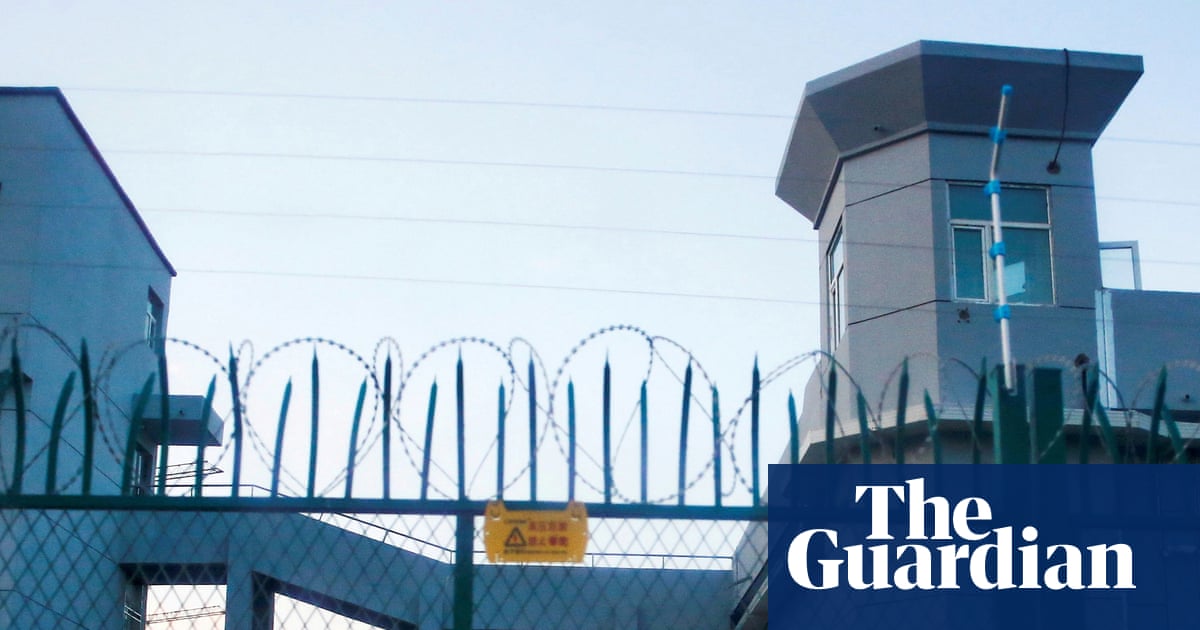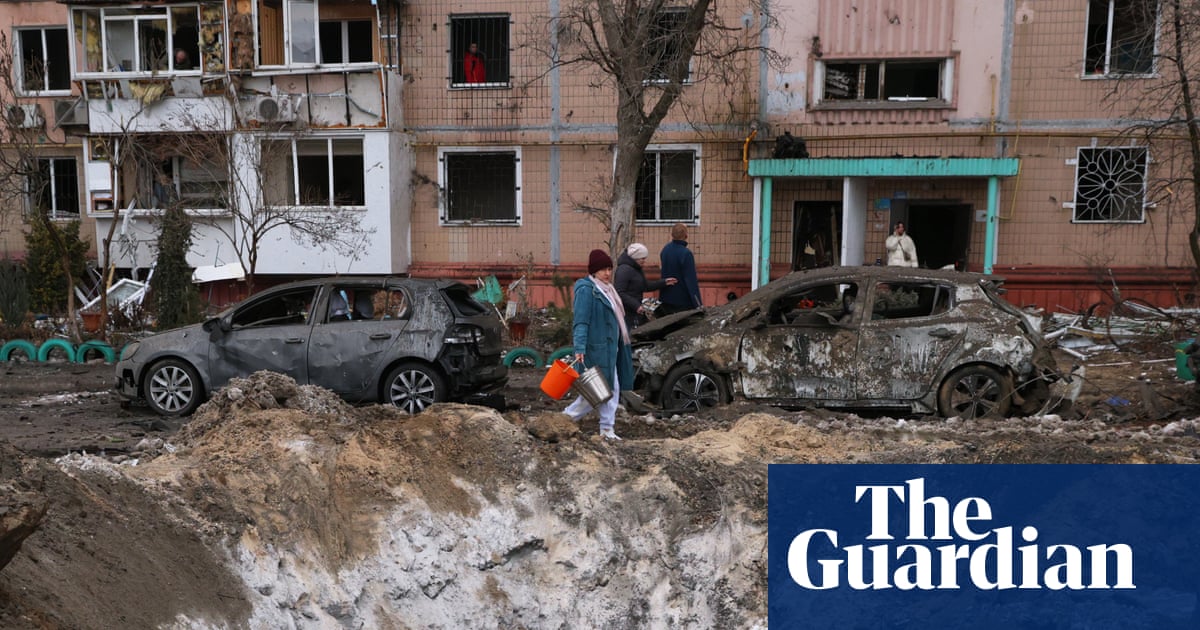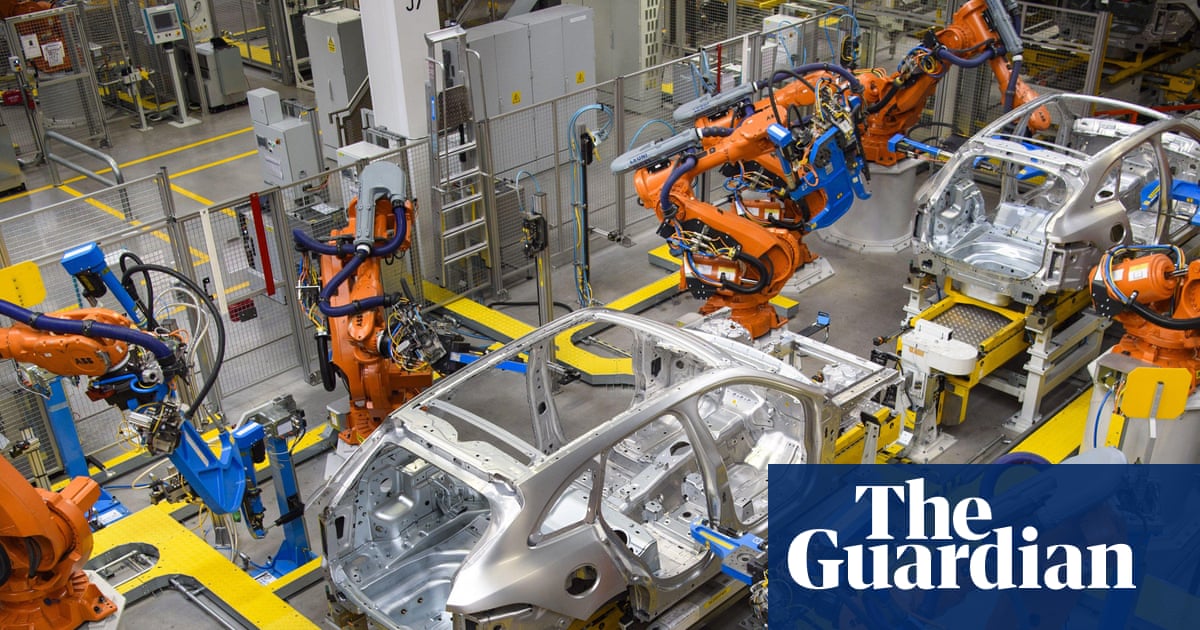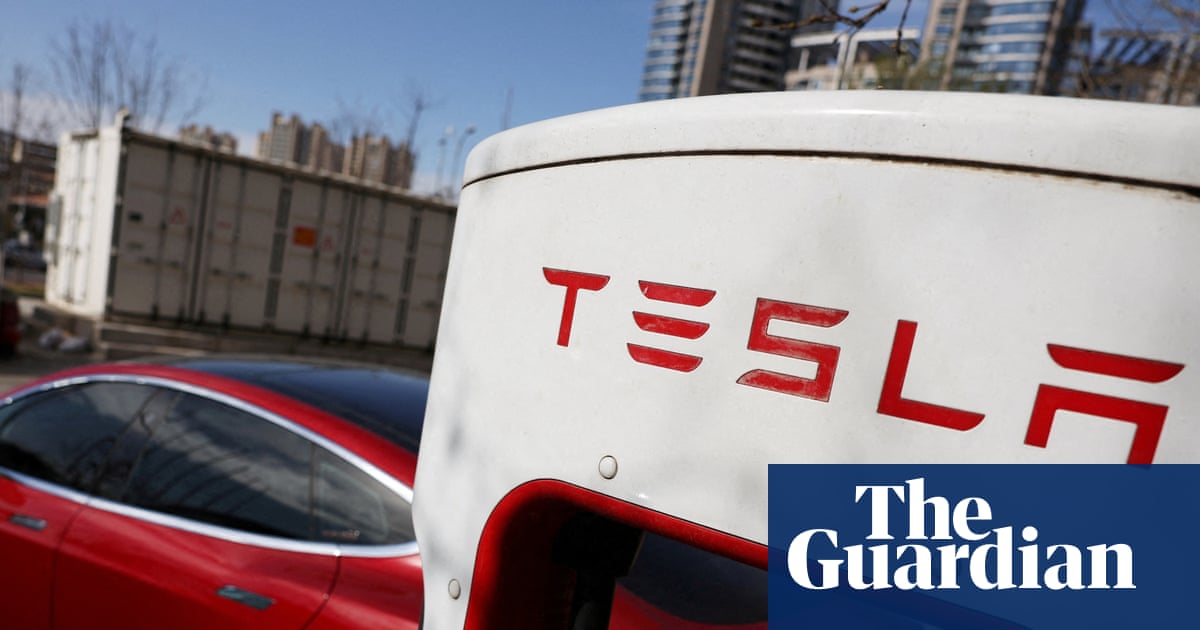Wage increases finally began to outpace price rises in June 2023, so we could technically class the previous month as the height of the cost of living crisis. Certainly, May that year was when the headlines about butter peaked. Lurpak and Anchor, both owned by the same dairy co-op, Arla, had reduced the size of their standard butter pack from 250g to 200g. The price was brought down accordingly, in due course, but for a while, certain supermarkets were still charging half-pound prices for a “what would we even call 200g?” pack.
The problem was, butter units are universal. A half-pound of butter always weighs the same amount in your hand, regardless of the brand. Seeing the small version in a supermarket felt almost sci-fi, like a tiny off-key detail that alerts you to the fact you’ve been kidnapped by aliens into a simulacrum world. They would have gotten away with it, but for that tiny flaw. Forced by the outcry to release a statement, the brand said it was trying to make prices “more accessible” for consumers. One almost feels embarrassed for it, flailing around for cosy equality language that didn’t explain its butter-miniatures at all.
The butter meltdown was prompted by a steep climb in prices that began with the Russian invasion of Ukraine the previous year. By the start of 2023, the cost of a pack of Lurpak had gone up in some places by 37%, and people on social media were posting pictures of butter with its own security tag. What next: would they have to sell it like shoes, and keep the crackers on display and the spreadables out the back?
At its height, which was 2023, grocery inflation hit 17.5%, which sounds less bad than it felt, because that was an aggregate across all foodstuffs, and there were one or two that went down in price. In fact, it was the highest shopping-basket hike since records began in 2008, costing the average household an extra £683 a year on food had they bought the same goods as the year previous. Prices were galloping so fast nobody really understood what “average family” meant any more: previously, maybe you were average if you bought eggs, chips and beans without a glance but thought twice about steak. If you were standing in a Tesco metro, holding a Heinz four-pack, muttering: “What the living hell, seven quid?”, what did that make you? Someone with still-above-average means, but below-average speed-on-the-uptake? Or were we all, to invert Michael Gove from way back when he was education secretary, below average now?
Living costs continued to rise well into this year, although political attention has shifted to household bills, away from subsistence essentials, which are still very high (wait, council tax and certainly water also count as “subsisting” – maybe the better qualifier would be “commodities besides those you could immediately eat”). Food prices completely slipped off the political and media agenda, even though, just because inflation had eased, prices hadn’t gone down. Some corporations are at the mercy of global prices themselves; others are price gouging; all have seen their production costs increase, as energy prices have gone up; some have bespoke challenges related to Brexit. It’s a complicated picture, but it’s not so complicated that we need to collectively avert our eyes.
Penguins and Clubs have been so hard hit by the cost of cocoa that they dropped their chocolate content and as of a fortnight ago, can no longer be classed as chocolate biscuits. It’s a big moment for the “if you like a lot of chocolate on your biscuit, join our Club” generation, who are now biscuitally homeless. Overall, it’s been a quiet slide into things being smaller while costing the same – toothpaste, coffee, Gaviscon, Celebrations – whether you can’t live without it or should be able to, the trend is the same. It’s not discretionary, in other words, nor market-sensitive, obeying instead the principle of enshittification, which has yet to make it as a business studies module: everything that can get worse, will.
For average families, for consumers, for – hell, throw them a bone – food producers (though major supermarkets are still doing just fine), the situation has remained dire, and yet the conversation has moved on. Which? magazine does valiant work insisting on the old values – that unit pricing should “be prominent, legible and consistent” – but there is no drumbeat demanding basic answers: how much is price-gouging, how much is necessity, how much is follow-my-leader, has anyone ever tried price-capping, will we ever get back to the old normal? These are questions a Labour government would be asking, if it weren’t so petrified of alienating businesses. That fear forces them to stay quiet, too, on the reality that the cost of living crisis isn’t over.
Simultaneously, people are incessantly polled on the national issues of the day, and increasingly, they say immigration. Yet when they’re asked what’s most affecting them personally, immigration isn’t even in the top three issues. It seems as though the media tired of the cost of toothpaste and moved on to small boats, as did all the main political parties. Who influenced who? PMQs and the media, whether print or broadcast, are like the brain and the gut, connected by the a nerve that goes both ways. In turn, this has informed what people feel they ought to say, if they want to sound as though they’ve been paying attention. Backs against the wall, though, people overwhelmingly still put the cost of living crisis first on their list of concerns. This is particularly marked among renters (91%), parents of a dependent child (91%), those aged 16 to 29 (89%), 30 to 49 (90%) and women (89%). If you’re thinking, “Wait, isn’t that everyone?”, no – those aged over 70 are more likely to worry most about the NHS (86%) and people educated to degree level angst about “the economy”, because that’s how you say “why does everything cost so much?”, when you’re fancy.
What looks like a low-attention media environment is actually an omertà – a refusal to mention the thing that almost all adults spend almost all their time worrying about. “Gaslighting” is such an overused term, but we can’t stop using it until everyone stops doing it.
-
Zoe Williams is a Guardian columnist

 2 months ago
62
2 months ago
62

















































